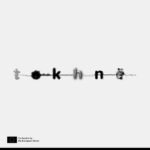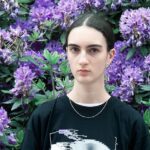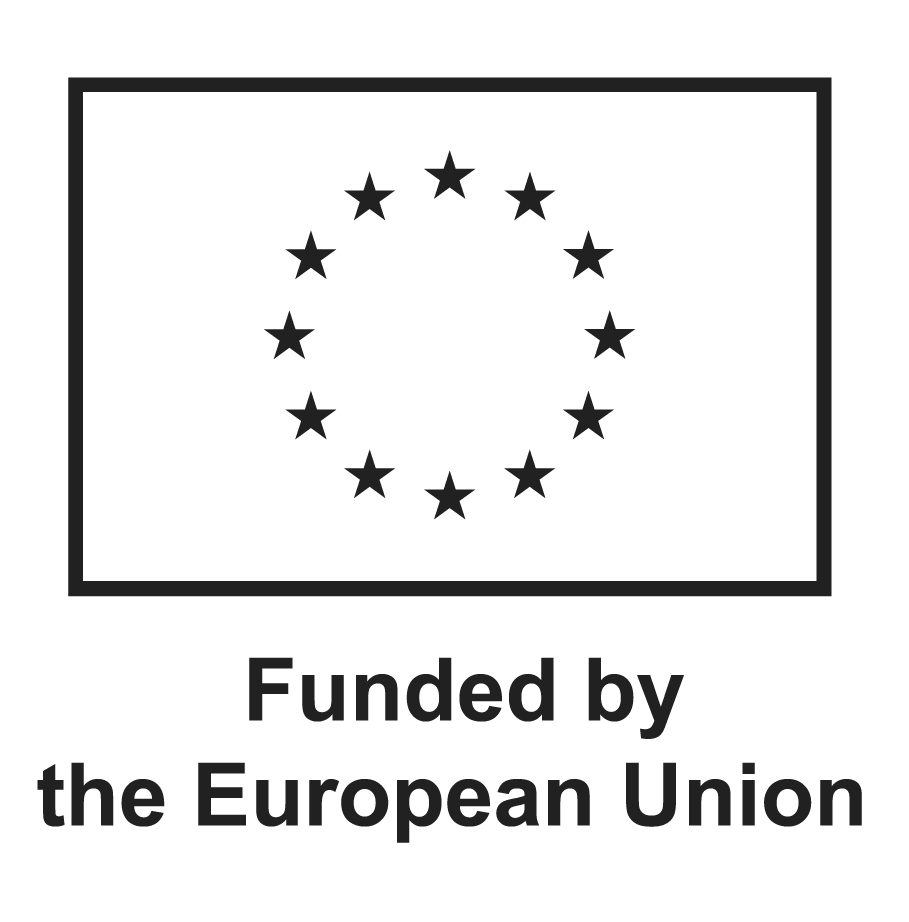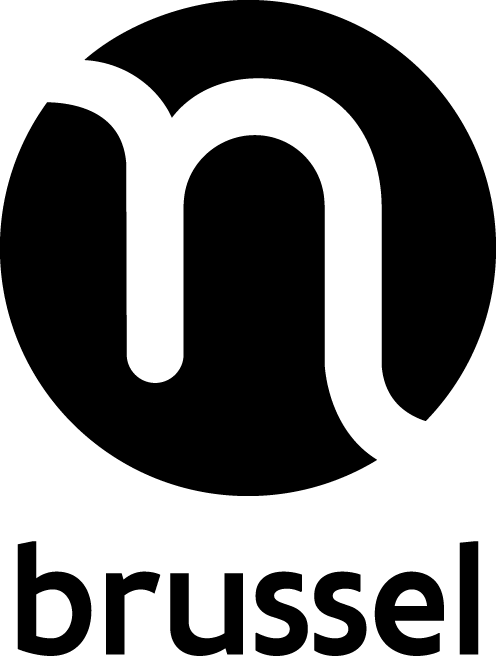


Since a few years, I have been researching how alternative tools in music production could be a way of emancipation for female artists and artists from gender minorities. During this research I interviewed artists operating at the fringes of technology, noting that alternative tools allow them a deeper connection to their practice. There is something quite liberating to be found in using interface VSTs with weird interfaces. It is easier to make sounds that don’t resemble others with tools which are not so commonly used. To look at sound or music from a really weird angle. Subsequently, I got into building my own tools via Puredata and learning electronics to build a synthesizer. However, some of these DIY technologies for music production can be quite technical, it can render them opaque and quite hard to learn. In that sense, they require quite some privilege and a big investment of time to be able to learn them. Still, I feel alternative music technologies have a lot of potential, as they are often cheaper or free in the case of F/LOSS (free and/or open source) software. Furthermore, they offer a creative paradigm shift, as technology strongly shapes the creative process. The systems we use say a lot about us and are often strongly intertwined with the art we love and produce. Constructing our own technological systems allows us to become more independent and enables us to emancipate ourselves from major narratives. I would love to continue this research in the tekhnē residency programme.
In my previous work, I focused mainly on designing and building hardware equipment or using PureData and Supercollider. These are great ways to build your very own sounds from scratch. Nevertheless, if you want to share your work and for it to be used by others, it requires some prior technical knowledge. Furthermore, replicating and building yourself a piece of gear can still be quite expensive. To me, the collectivity that sharing generates is very important in feminist and queer circles. For this residency, I would like to conduct research on the notion of accessibility in DIY tools, making it easier for individuals to access alternative technologies. I think coding VSTs (Virtual Studio Technologies) would be a great way to start as they can be made compatible with every music composing software. While most bedroom studio producers can afford a laptop, not everyone necessarily owns recording equipment. VST’s were a big step in rendering some very expensive equipment accessible, as they can mimic hardware equipment while running inside a DAW. They have democratized music production by providing affordable and flexible tools to musicians and producers. That is why I would like to learn during this residency how to program a VST while building a full documentation of my process: “DIY tools are designed and redesigned in action, and through interaction.” (Anja Groten, Making Matters, a vocabulary for collective arts, 2022). Therefore, I am eager to explore methods for sharing this journey as an integral aspect of my residency.
Event in the framework of tekhnē, funded by the European Union. Views and opinions expressed are however those of the author(s) only and do not necessarily reflect those of the European Union or the European Education and Culture Executive Agency (EACEA). Neither the European Union nor EACEA can be held responsible for them.

 Sebastian Dingens - WALKS
Sebastian Dingens - WALKS

 Pavel Tchikov 29/11/23
Pavel Tchikov 29/11/23

 Nika Son - Scatter
Nika Son - Scatter


